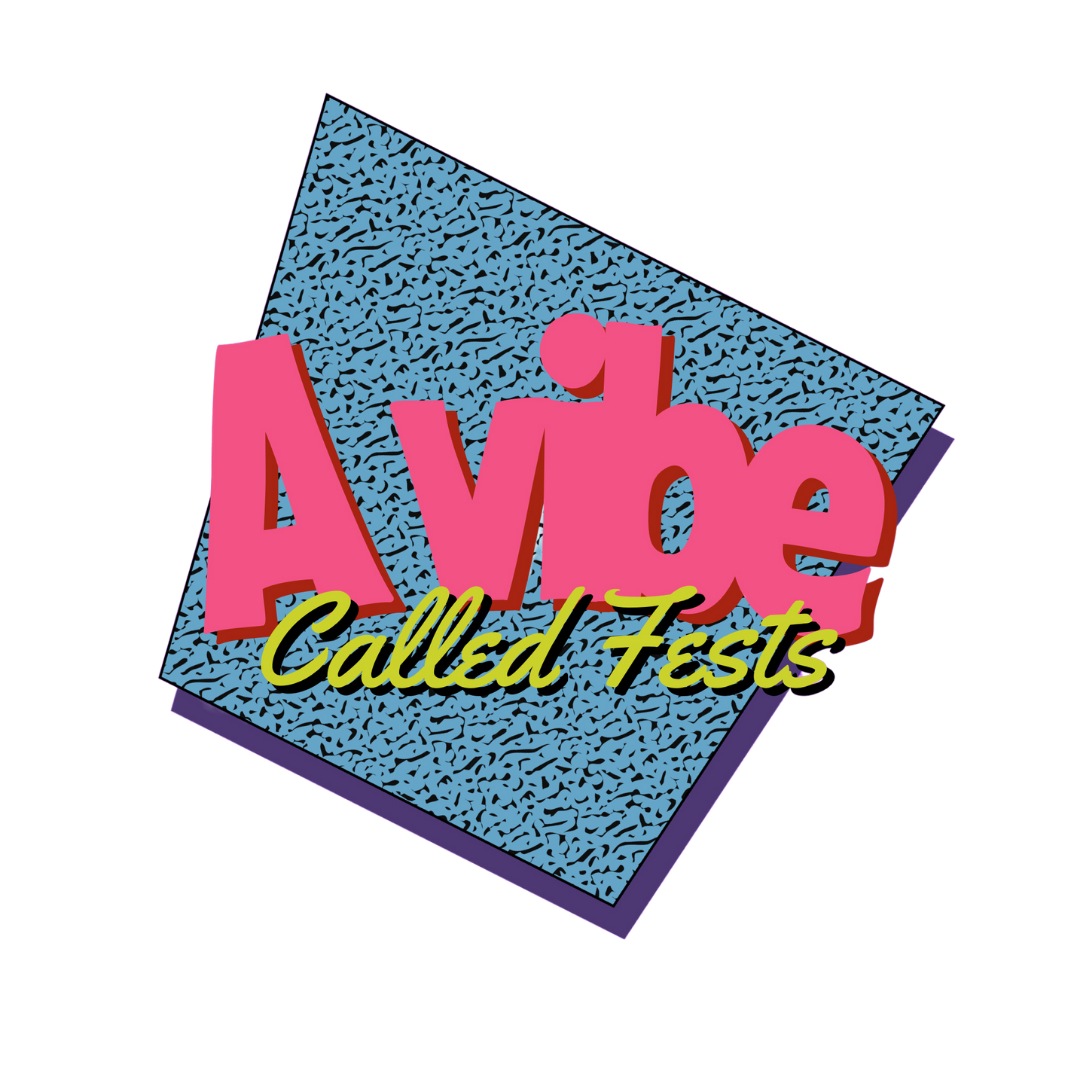Celebrating Black Heritage through Festivals: A Journey of Music, Dance and Resilience
The Legacy of Black Cultural Festivals: From Newport Jazz Festival and 'Summer of Soul'
There has been a resurgence of festivals for Black culture since 2020 but these types of events have a long history in the United States and abroad. Our celebratory culture includes festivals, local gatherings and events where many African Americans gathered with music, dance and food. Behind each of these events is a purpose. These celebrations tap into our roots and Black culture deserves to be celebrated constantly. It can look like expressing oneself through fashion, arts and other mediums that celebrate our heritage and resilience.
Image of the 1969 Harlem Cultural Festival from “Summer of Soul” documentary
In the 1950s, a time of immense challenges, the Black community persevered. This era saw the rise of the Civil Rights movement and the emergence of festivals. Notably, the Newport Jazz Festival, though not exclusively for Black people, provided a crucial platform for Black musicians to showcase their talent amidst racial segregation. The following year, in 1969, the Harlem Cultural Festival drew over 300,000 attendees. This festival, held just a year after the assassination of Dr. Martin Luther King Jr, was a testament to the resilience of the African American community and its commitment to celebrating its heritage. These summer concerts marked a turning point, sparking a renewed appreciation for Black talent and culture. Over time, these festivals gained recognition beyond the Black community, serving as educational platforms for those outside African culture. The festival’s legacy was highlighted in “Summer of Soul,” a documentary directed by Questlove, drummer for The Roots and unofficial music historian. The movie included footage from The Harlem Cultural Festival and interviews of performers and attendees to showcase how our creativity was harnessed to address societal issues and provide a memorable experience.
This year, the premiere of “One Love,” a movie about the late Bob Marley, served as a reminder of his powerful legacy and eternal message, value of all people regardless of their background. In 1978, Marley held his iconic ‘One Love’ concert, where he performed alongside leaders from rival political parties, a bold move aimed at fostering peace during a time of division. Marley’s music continued to be a beacon of peace, reaching large audiences and sparking a sense of love and change. His reggae sounds and distinctive voice resonated with everyone, especially the Black community, and his words ignited a passion for love and unity among his listeners.
Image from “One Love” movie trailer
Today, the celebration of Black heritage takes on various forms, all rooted in the same creative spirit. We see this in Black Greek-lettered organizations through step shows, community service and advocacy for justice. The BET and NAACP Awards provide a public stage for Black entertainers and leaders to be recognized and celebrated. And, much like music festivals including the Essence Festival, Curl Fest, American Black Film Festival, and Broccoli Festival, we continue to find platforms and mediums where Black culture is honored, welcomed and celebrated.
This article was provided by intern, Aniya Hoggatt, a Business Administration major at Florida A & M University.
A Vibe Called Fest keeps you up-to-date with all the important information for festivals and cultural events centered around Black people. Subscribe and check out our FesTEAval Blog posts and the Next Fests list.


